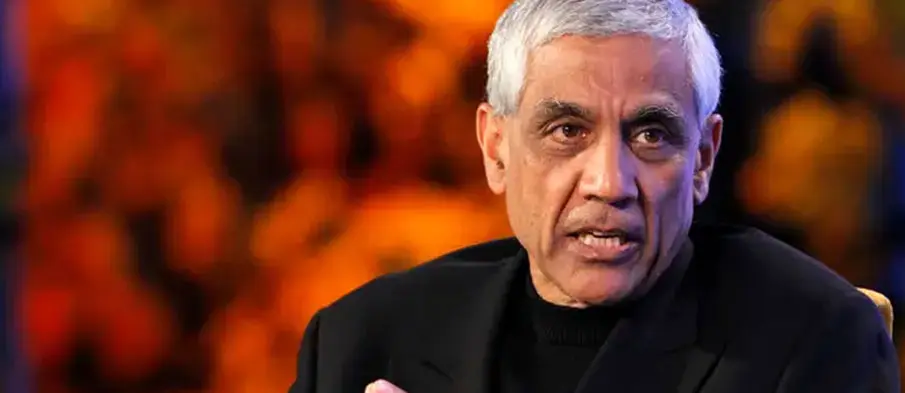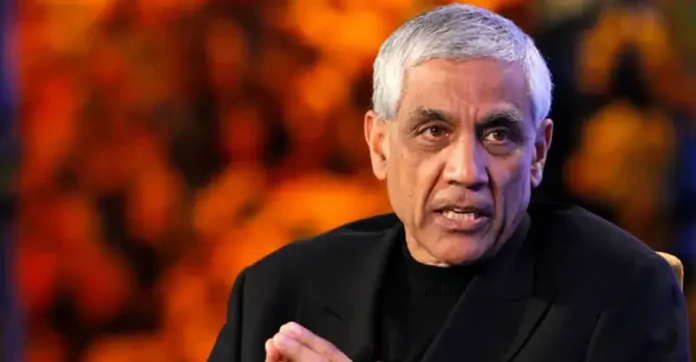
Artificial intelligence is increasingly moving from the digital world into the physical, giving rise to what experts call embodied or physical AI. From industrial automation to delivery drones and autonomous EVs, this evolution is laying the groundwork for a future where humanoid robots become part of everyday life. According to billionaire venture capitalist Vinod Khosla, that future might arrive sooner than expected.
Speaking on the Uncapped podcast on YouTube, Khosla predicted, “Robotics will take a little longer, but I think we’ll have the ChatGPT moment in the next two to three years.” He believes this breakthrough will lead to the widespread adoption of multi-functional humanoid robots.
Khosla’s forecast carries weight. The early OpenAI backer has a strong track record in identifying game-changing technologies, having invested in companies like DoorDash, Block, and Impossible Foods. He envisions that by the 2030s, almost every household will own a humanoid robot. “Probably start with something narrow like do your cooking for you. It can chop vegetables, cook food, clean dishes, but stays within the kitchen environment,” he said.
He also anticipates these robots will become affordable due to mass production and demand, estimating a monthly cost of $300 to $400.
While impressed by the progress of Chinese firms in humanoid robotics, Khosla pointed out a critical limitation: “They’re not learning robots. You change the environment and they don’t do as well. If you walk a human in here and say clean up, they’ll know what to do. A robot needs to do that,” he explained.
As for why major tech giants like Apple aren’t leading the charge, Khosla suggested that innovation in physical AI would come from smaller, more agile startups. “Uber did not come from Hertz, nor was Netflix a product of major networks,” he said, underscoring his belief in disruption from outside the mainstream.
Khosla’s comments align with sentiments shared by tech leaders like Nvidia CEO Jensen Huang, who envisions personal robotic assistants as part of daily life. “I love the idea that I’ll have my own R2-D2, my own C-3PO,” Huang said, calling robotics a “multi-trillion-dollar growth opportunity.”
OpenAI CEO Sam Altman also recently predicted that humanoid robots would soon arrive and disrupt jobs, saying, “What happens when the humanoid robots get here? I mean, obviously do a lot of jobs.”





